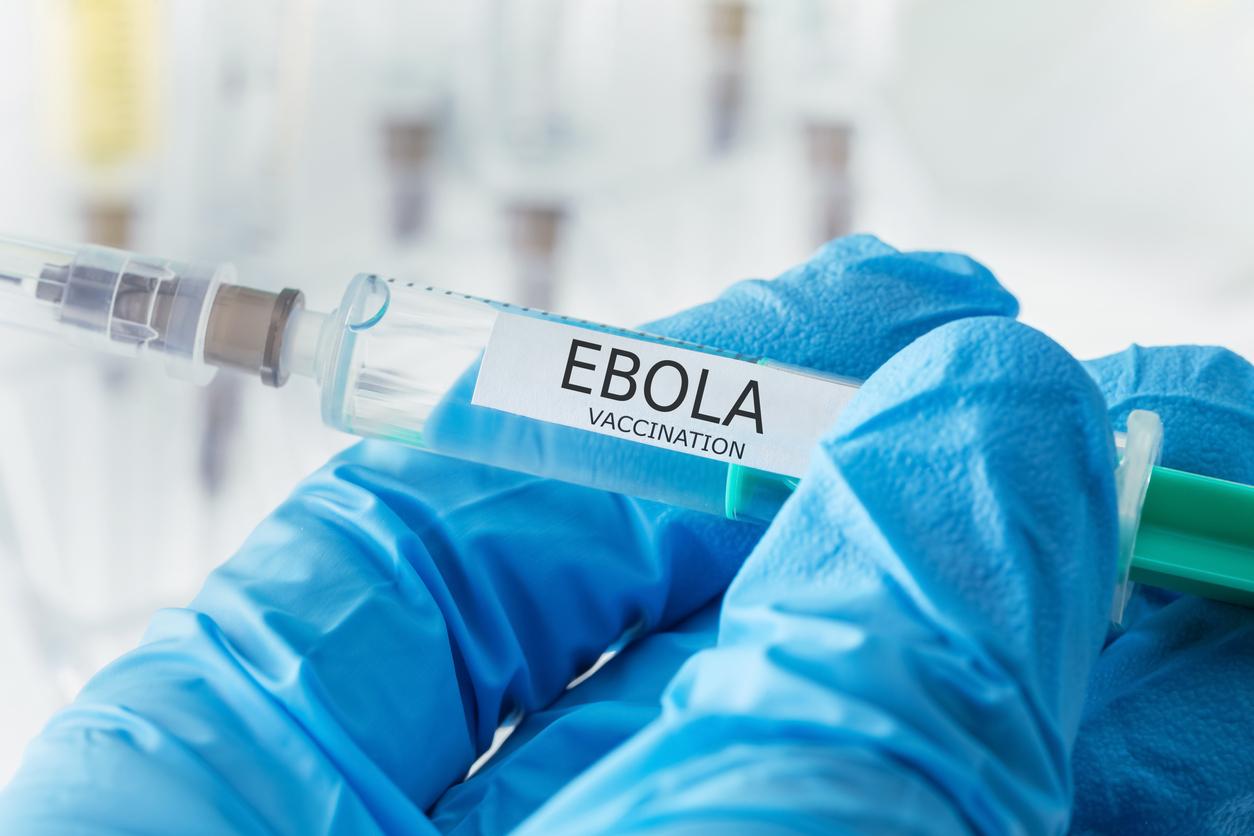In a study presented at the Conference on Retroviruses and Opportunistic Infections (CROI) held in Boston (USA), researchers from the Montpellier Institute of Research for Development showed that half of the survivors of the Ebola virus suffered from sequelae, months after their recovery.
In March 2015 in Guinea, the Ebola virus survivors began to be enrolled in a follow-up study in Conakry and Macenta to describe any clinical, biological, virological, immunological signs, and their psychosocial evolution. And since the country was declared free of the virus last December, other former patients have continued to be recruited. Biological examinations were carried out in adults and children when they were included in the study, then every 3 months.
At the start of the study, clinical signs were observed in 79% of surviving patients, more often in adults than in children (82% versus 64%, respectively). These were mainly fatigue, fever and anorexia (in 39%), headache (32%), ligament pain (46%), ocular signs (16), infectious diseases (22%), pelvic or abdominal pain (21%) and anemia (13%).
In addition, virus testing realized in semen of 68 men tested positive in 8 of them 9 months after the appearance of the virus but with a progressive downward trend in both the proportion of positive samples and in the viral load.
Read also :
Ebola: a study on the long-term effects of the virus
Infographic: everything you need to know about the Ebola virus
















